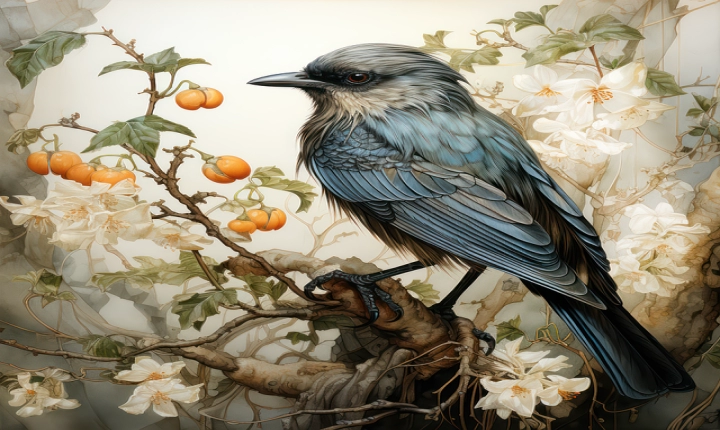Title: Can AI Be Innovative? Exploring the Potential of Artificial Intelligence in Driving Innovation
Artificial intelligence (AI) has been making significant advancements in recent years, transforming various industries and revolutionizing the way we live and work. From predictive analytics to natural language processing, AI has demonstrated its ability to automate tasks, analyze vast amounts of data, and even perceive and respond to human emotions. However, one question remains at the forefront of AI’s evolution: can AI be innovative? Can it truly generate new ideas, processes, and solutions that have never been seen before?
The answer to this question is complex and multifaceted. On one hand, AI’s ability to process and analyze enormous volumes of data enables it to uncover patterns and insights that human intelligence may overlook. This can lead to the development of new products, services, and strategies that are genuinely innovative. For example, AI-powered algorithms have been used to create new materials with specific properties, optimize supply chain operations, and even design original pieces of art and music.
Furthermore, AI can facilitate innovation by automating repetitive tasks, freeing up human creativity and cognitive resources to focus on more complex and strategic activities. This can lead to a more efficient and effective innovation process, as AI takes on the role of a supportive tool, suggesting ideas, simulating scenarios, and rapidly testing and refining prototypes.
On the other hand, some argue that AI’s capacity for true innovation is limited by its reliance on existing data and predefined algorithms. AI systems are trained on historical data and follow pre-set rules, which may lead to the generation of solutions that are based on past patterns rather than breaking new ground. In this sense, AI may be more adept at optimizing existing processes and making incremental improvements, rather than driving radical and disruptive innovation.
Despite these complexities, there are several areas where AI is already demonstrating its potential to be truly innovative. One such area is the field of generative AI, where algorithms are designed to create entirely new content, such as images, text, and even entire narratives. These systems, often based on the principles of machine learning and neural networks, are capable of producing original and creative outputs that can inspire novel ideas and inventions.
Moreover, AI’s collaboration with human intelligence is proving to be a powerful catalyst for innovation. By integrating AI tools into creative and problem-solving processes, individuals and organizations can leverage the complementary strengths of both human and artificial intelligence. This collaborative approach can lead to the synthesis of novel ideas, the identification of unconventional solutions, and the acceleration of the innovation lifecycle.
In conclusion, while the question of whether AI can be innovative requires careful consideration, it is evident that AI holds great potential as a driver of innovation. As AI technology continues to evolve and expand its capabilities, it is likely that we will witness new forms of creativity, problem-solving, and invention that are facilitated by and even originated from AI systems. The key lies in harnessing AI’s strengths while understanding its limitations, acknowledging its potential to push the boundaries of innovation while not overshadowing the unique qualities of human creativity and ingenuity. Through thoughtful exploration and responsible application, AI has the opportunity to play a transformative role in shaping a more innovative future.
